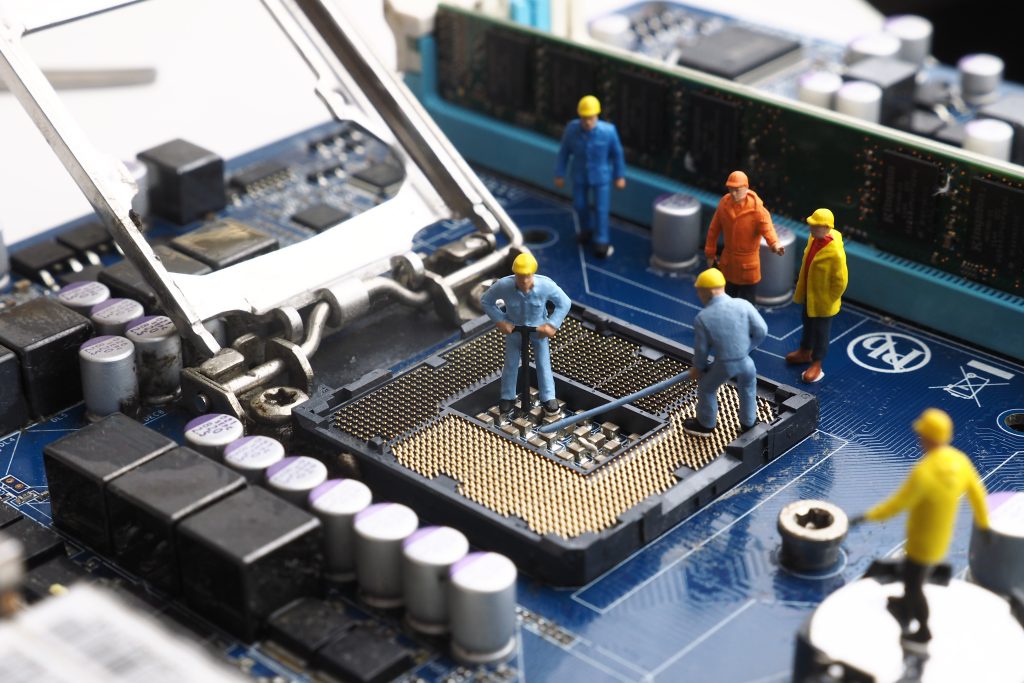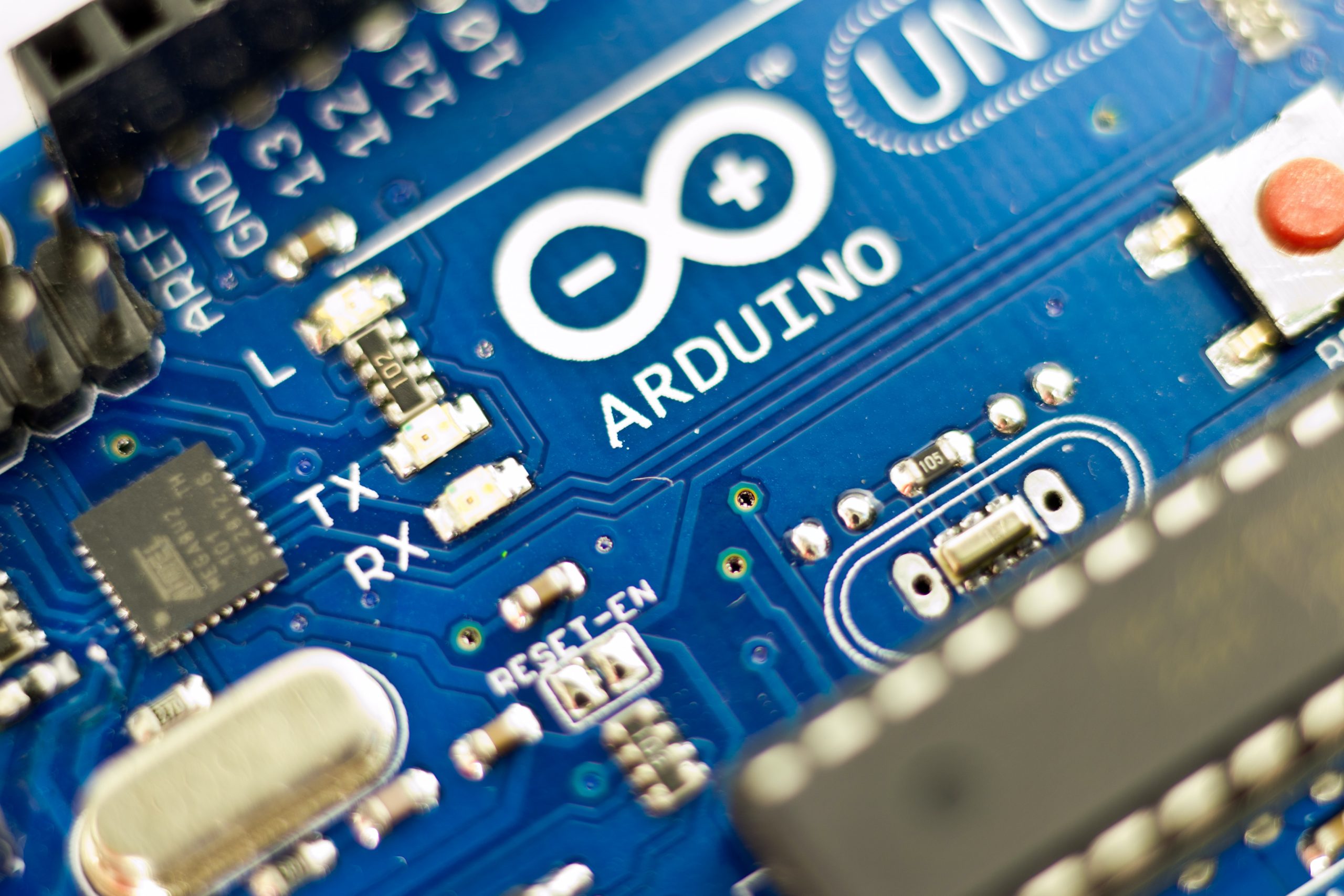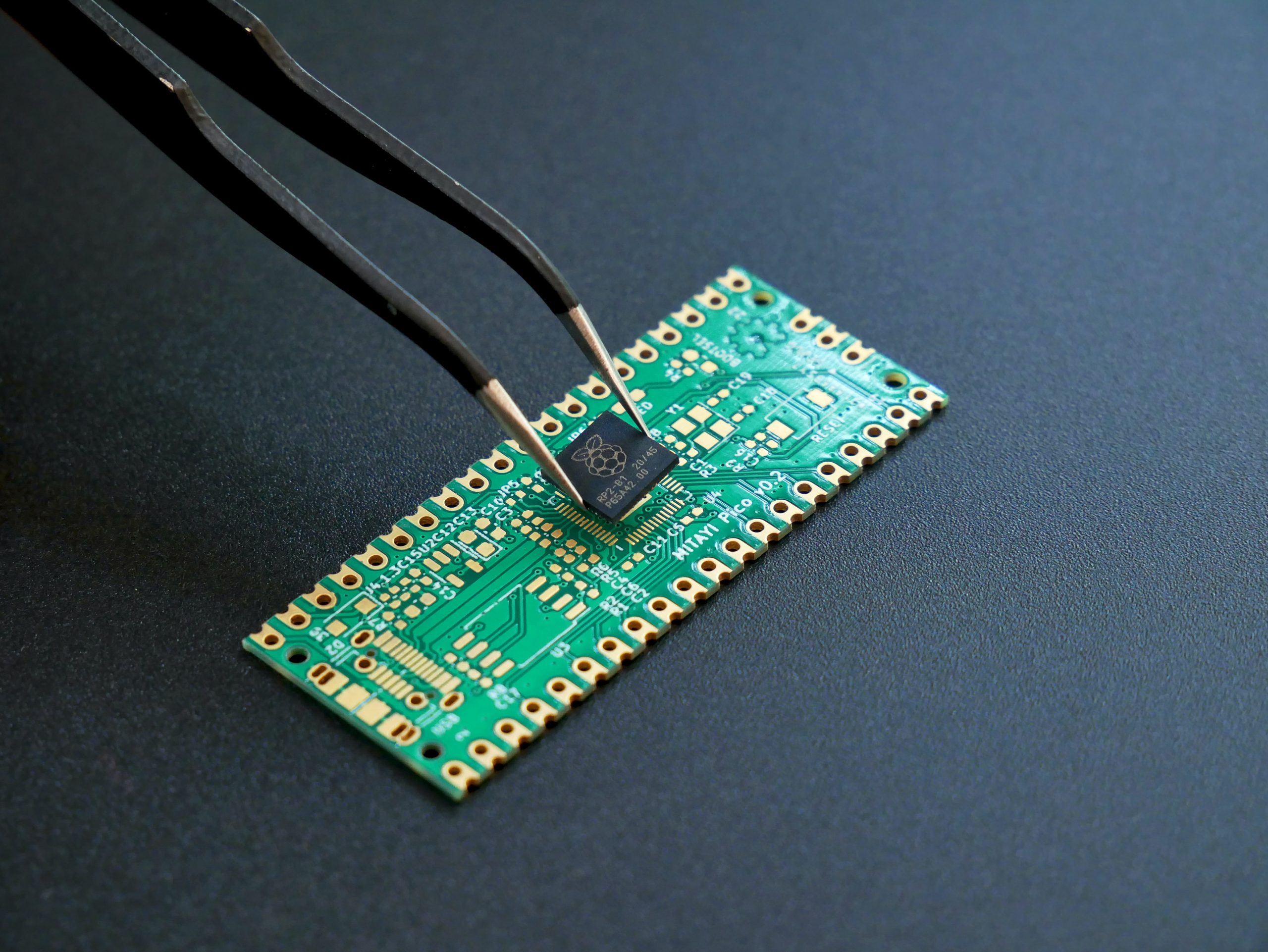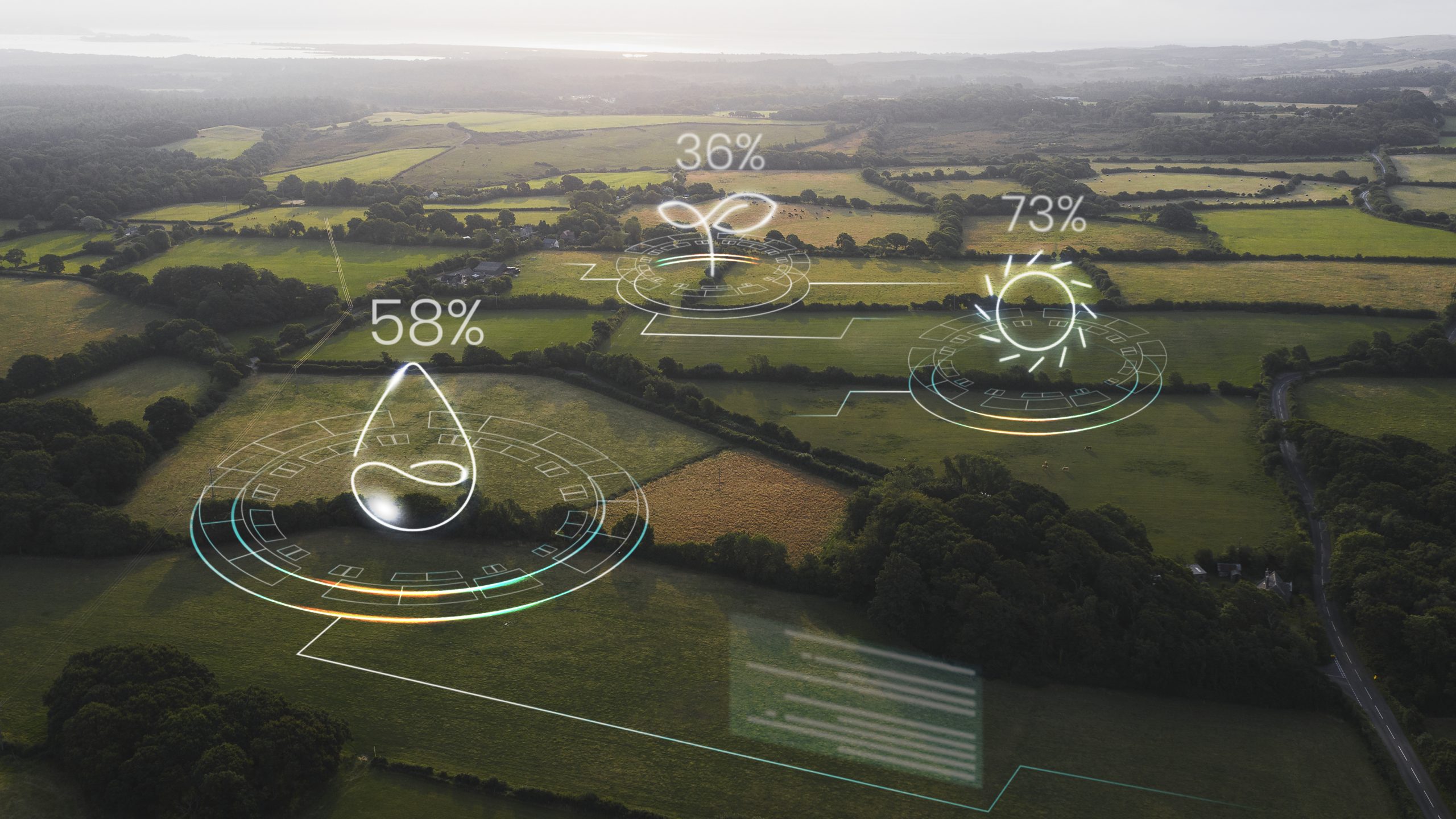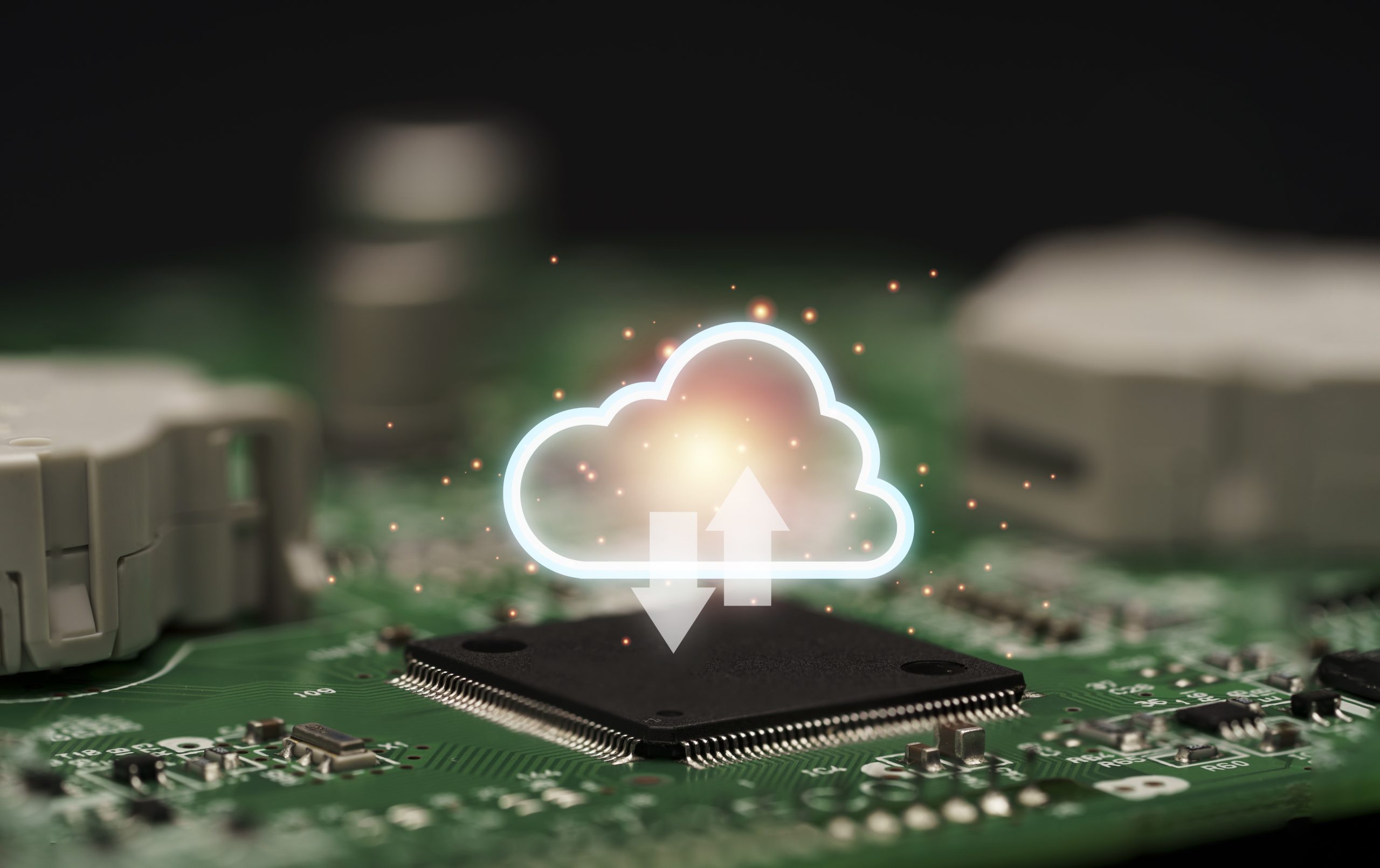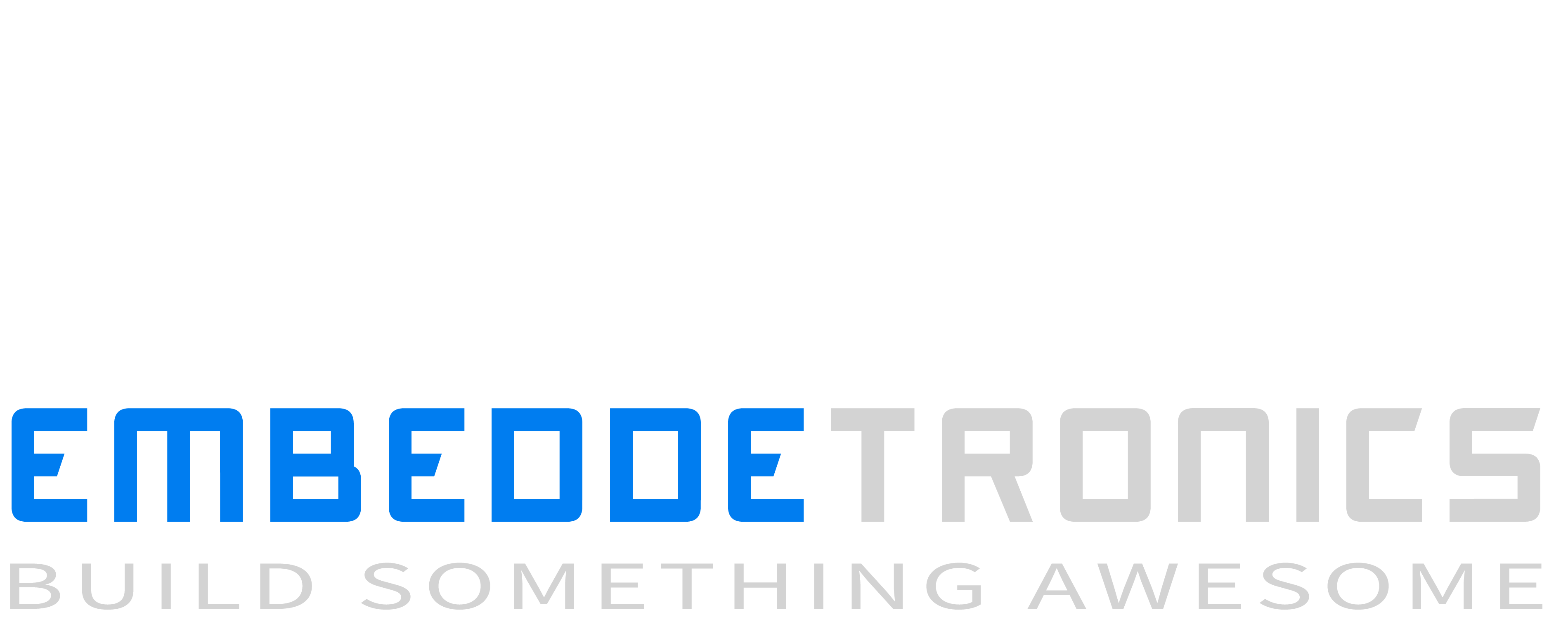Embedded Technology (Embedded System) that combines hardware and software to create an integrated system designed for specific tasks. It has a wide of applications in various fields, including electronics, automotive, health, and others.
Examples include the technology used in smartphones, televisions, washing machines, and many more. In smartphones, embedded systems include the operating system, processor, memory, camera, and various other components integrated into the device.
Embedded Systems work in a very specific way. The working process of Embedded Systems can be divided into several stages as follows:
- Input : Data is received through various input devices such as sensors, buttons, or other devices.
- Processing : The microprocessor/microcontroller processes the received data and makes decisions about how to respond. This can involve some mathematical and logical operations.
- Output : The microprocessor/microcontroller outputs actions through output devices such as actuators, screens, or other devices.
- Monitoring : The system continues to monitor inputs and perform processing and output according to the tasks defined.
Embedded Systems work in real-time, meaning they respond instantly. This is crucial for some applications such as machine control systems, temperature control systems, and many others. Embedded Systems can also work continuously as long as resources are available.
Overall, embedded systems work by processing inputs, processing data, and providing outputs according to the defined tasks. This process occurs continuously and in real-time.
Future Trends in Embedded Systems
The embedded system industry is expected to continue to grow rapidly driven by market demand. The use of embedded system devices has become a part of people's daily lives.
People interact with embedded system devices in devices at all times.

Some of the trends that are currently and in the next few years will develop and are closely related to embedded systems include:
- Internet of Things (IoT): The increasing number of devices connected to the internet is driving the IoT trend. Embedded Systems will play a crucial role in building and managing IoT devices.
- AI and ML Capabilities: The capabilities of Artificial Intelligence and Machine Learning will continue to develop and be applied in embedded systems, making systems smarter and able to process data more effectively.
- Miniaturization and Energy Efficiency: Miniaturization and energy efficiency will be a focus in embedded system development, allowing for smaller and more energy-efficient devices.
- Security: Security will be a focus in embedded system development, ensuring that data and devices are secure from security threats.
With the advancement of technology and the increasing demand for smart and connected systems, these trends will play a crucial role in determining how embedded systems will work in the future.
Embedded system technology is also very useful for companies and industries that want to increase productivity and efficiency. It helps simplify tasks that were previously performed manually and ensures that systems work well and achieve desired results.
